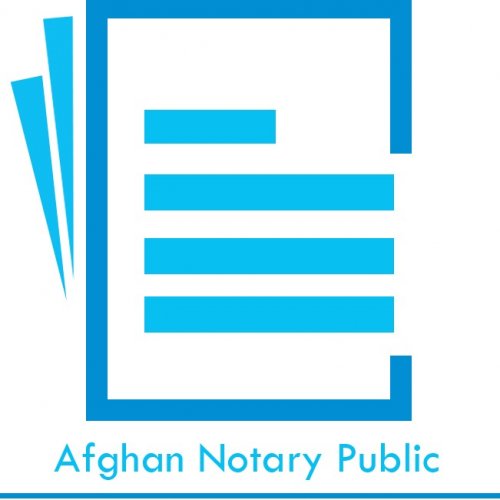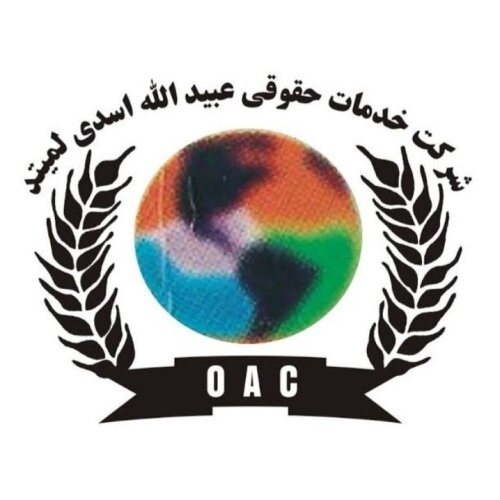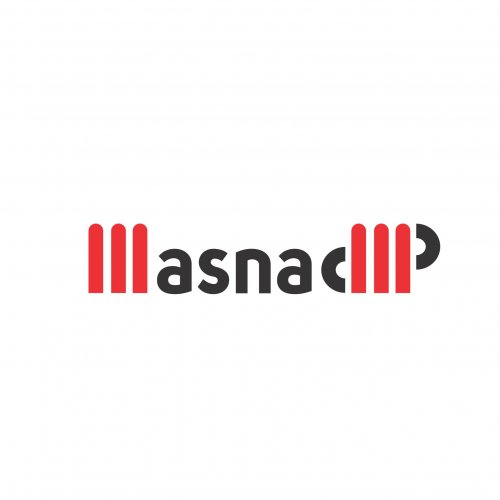Best Nonprofit & Charitable Organizations Lawyers in Kabul
Share your needs with us, get contacted by law firms.
Free. Takes 2 min.
List of the best lawyers in Kabul, Afghanistan
About Nonprofit & Charitable Organizations Law in Kabul, Afghanistan
The landscape of nonprofit and charitable organizations in Kabul, Afghanistan, plays a crucial role in social development and community support. These organizations operate across various fields, from education and health to humanitarian aid. The Afghan government recognizes nonprofit entities under the Afghan Law on Non-Governmental Organizations, which outlines the legal context for establishing and running an NGO. These organizations must adhere to specific registration processes and comply with national laws and regulatory requirements to operate legally and effectively in the country. Understanding these laws is essential for ensuring transparency, accountability, and legitimacy.
Why You May Need a Lawyer
Legal advice is often sought by individuals or entities looking to establish or operate nonprofit organizations in Kabul due to several common situations:
- Registration and Compliance: Navigating the complex registration process and maintaining compliance with Afghan laws requires expert legal knowledge.
- Taxation Issues: Understanding tax exemptions or obligations applicable to nonprofit organizations can be complicated without professional guidance.
- Contractual Agreements: Engaging in partnerships or funding agreements necessitates careful legal scrutiny to ensure conditions are binding and beneficial.
- Employment Law: Advice on employment contracts, employee rights, and labor law compliance is crucial for managing staff effectively.
- Legal Disputes: Resolving legal conflicts that may arise with governmental bodies, suppliers, or stakeholders requires adept legal intervention.
- Intellectual Property: Protecting the brand and intellectual properties of the organization might involve a legal understanding of trademark laws.
Local Laws Overview
The legal framework governing nonprofit and charitable organizations in Kabul is primarily defined by the Law on Non-Governmental Organizations. Key aspects of these laws include:
- Registration: NGOs must register with the Ministry of Economy to obtain legal status, which involves submitting comprehensive documentation about the organization’s purpose, governance, and operational plans.
- Governance: NGOs are required to establish a board of directors and adhere to specified governance practices as per Afghan law.
- Financial Reporting: Transparency is mandated through regular financial reporting and audits to the government.
- Foreign Funding: Regulations exist to oversee the receipt and utilization of foreign funds, ensuring they align with national interests.
Frequently Asked Questions
What is the first step to starting a nonprofit organization in Kabul?
To start a nonprofit in Kabul, your primary step is to register the organization with the Ministry of Economy, which involves drafting its constitution and providing information about its objectives and founders.
How long does it take to register a nonprofit organization?
The registration process can vary, taking several weeks to a few months, depending on the completeness of the application and responsiveness of governmental departments.
Are there any tax benefits available for nonprofit organizations?
Yes, nonprofit organizations may qualify for tax exemptions, but they must comply with tax laws and correctly file tax returns to benefit from these exemptions.
Can a foreigner set up a nonprofit organization in Afghanistan?
While foreigners can attempt to establish a nonprofit in Afghanistan, they must meet specific legal requirements, often necessitating partnerships with local entities or Afghan nationals.
What obligations do nonprofits have regarding transparency?
Nonprofits are obligated to maintain transparency through regular reporting of their activities, finances, and administration to the appropriate authorities.
Is it possible to change the purpose of an existing nonprofit organization?
A nonprofit organization can change its purpose, but it must formally amend its constitution and update its registration details with the Ministry of Economy.
What are the funding options for nonprofit organizations?
Nonprofits can acquire funds through donations, grants, and membership fees, among others, but must manage these funds in a manner that aligns with their stated objectives and legal requirements.
How are disputes within a nonprofit organization typically resolved?
Internal disputes might be resolved through mediation or arbitration as stipulated in the organization’s constitution or policy documents. If necessary, legal counsel might be required.
Are there specific restrictions on foreign funding?
Yes, foreign funding must comply with Afghan laws, ensuring that the funds do not contravene national interests and are reported and utilized transparently.
What happens if a nonprofit fails to comply with legal requirements?
Noncompliance can lead to penalties, legal action, or even the dissolution of the organization by governmental authorities.
Additional Resources
Several resources are available for those seeking additional guidance or aid in understanding nonprofit legislation in Kabul:
- Ministry of Economy: The primary governmental body managing NGOs, providing guidelines, registration, and compliance assistance.
- Legal Aid Afghanistan: Provides legal assistance and advice on setting up nonprofit organizations.
- Afghan Non-Governmental Organizations (ANGO) Network: Offers networking opportunities and informational resources for NGOs.
Next Steps
If you need legal assistance with nonprofit and charitable organizations in Kabul, consider the following steps:
- Consult with experienced lawyers who specialize in nonprofit law for detailed guidance specific to your needs.
- Gather all necessary documentation and information about your organization before consultation to streamline the process.
- Engage with local NGO networks to understand community practices and learn from the experiences of established organizations.
- Stay informed about changes in laws and regulations affecting nonprofits to ensure compliance.
Lawzana helps you find the best lawyers and law firms in Kabul through a curated and pre-screened list of qualified legal professionals. Our platform offers rankings and detailed profiles of attorneys and law firms, allowing you to compare based on practice areas, including Nonprofit & Charitable Organizations, experience, and client feedback.
Each profile includes a description of the firm's areas of practice, client reviews, team members and partners, year of establishment, spoken languages, office locations, contact information, social media presence, and any published articles or resources. Most firms on our platform speak English and are experienced in both local and international legal matters.
Get a quote from top-rated law firms in Kabul, Afghanistan — quickly, securely, and without unnecessary hassle.
Disclaimer:
The information provided on this page is for general informational purposes only and does not constitute legal advice. While we strive to ensure the accuracy and relevance of the content, legal information may change over time, and interpretations of the law can vary. You should always consult with a qualified legal professional for advice specific to your situation.
We disclaim all liability for actions taken or not taken based on the content of this page. If you believe any information is incorrect or outdated, please contact us, and we will review and update it where appropriate.












